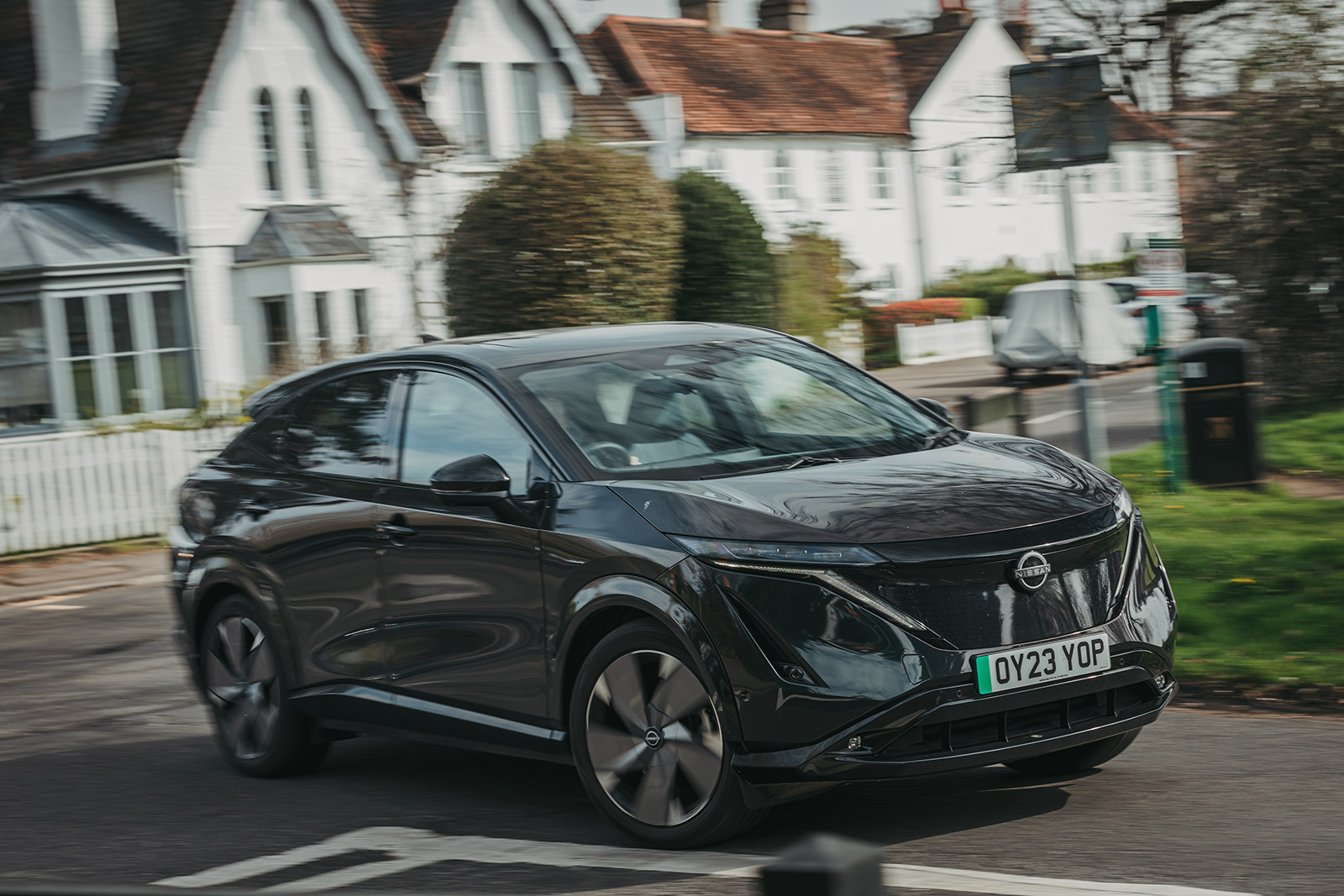The ongoing slump in used electric car values could lead to higher lease costs and affect demand from company car fleets if incentives to stabilise the market are not brought in soon, warns the Association of Fleet Professionals (AFP).
Tax breaks for electric cars, coupled with businesses’ own sustainability targets, have led to a resurgence in company car schemes since 2020.
According to the latest British Vehicle Rental and Leasing Association (BVRLA) data, 70% of new business contract hire (BCH) cars and almost 100% of salary-sacrifice deliveries were electric in the second quarter of 2024.
AFP chairman Paul Hollick said manufacturers are “pushing on an open door” with company car drivers, adding that that bluechip companies are introducing all-employee salary-sacrifice schemes to make the most of the available Benefit-in-Kind and National Insurance Contribution incentives for EVs – both of which are confirmed until April 2028.
“With the Benefit-in-Kind levels as they are, unless you’ve got a social environment where you’re trying to ferry around more than four kids, you’re probably going to take an EV at the moment. Employees are quite happy – even if they are job-need [cars] – being in an EV, having charge points at home and charging up,” he said.
“My biggest worry is residual values on cars, because most leasing companies aren’t making any money on EV remarketing. That will naturally start to be pushed into the lease costs to make sure they don’t experience the burn on the new fleet that they’re starting to put out.”
The BVRLA has raised similar issues, claiming limited historical data for EVs makes the forecasting of residual values a challenging task. Those values are used to calculate monthly rentals: a vehicle that depreciates quickly will typically be pricier to lease than one that retains more of its original value at the end of its contract.
In its latest Outlook Report, the association highlighted cap-hpi data showing a 57% drop in the values of used EVs at three years and 60,000 miles (a typical business contract hire term) in the 21 months to May 2024, adding that the influx of used EVs means this is unlikely to stabilise.
Some of the BVRLA’s leasing company members are strategically extending contracts, at reduced monthly rates, to control supply, while one has taken the additional step of partially insuring itself against the financial fallout of any future declines.
Hollick believes initiatives to support the used market, such as building consumer confidence in battery durability, are crucial to help avoid steep price hikes for new vehicles.
“Residual values impact the lease cost [the most],” he said. “Interest rates, if they change by 1% or 2%, don’t fundamentally change the overall cost of the lease. If the residual value drops by £3600 then, over a three-year lease, that’s £100 extra on the [monthly rentals]. If [values] dropped by 10-15%, that is a big number. Suddenly your monthly rental increases from £500 to £700 quite quickly.”

